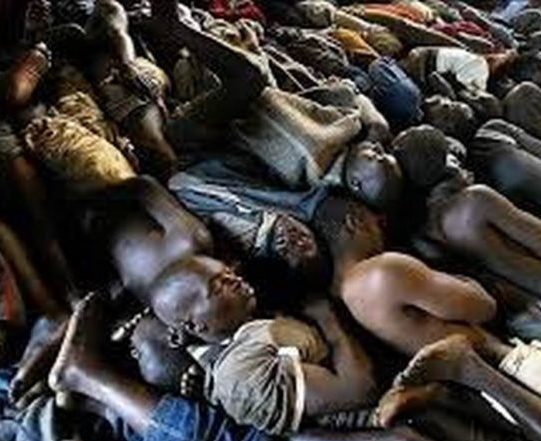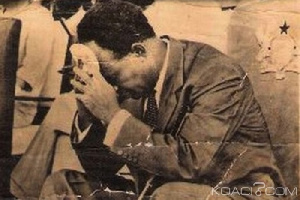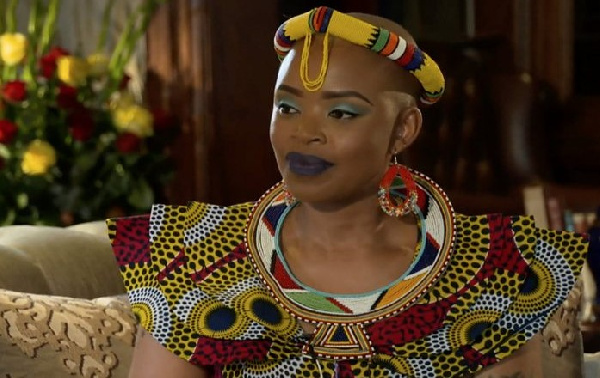Somalia’s universal suffrage plan could run into headwinds

On May 28, President Hassan Sheikh Mohamud led the federal presidents of Galmudug, Hirshabelle, South West and Jubbaland and the Governor of Banadir region to take the citizens to vote for their preferred leaders by universal suffrage.
Universal suffrage has been elusive for decades, with political leaders seeking to return Somalia to the one-person-one-vote system last used in 1969. Yet the failures of the past and wrangles among political leaders seem to afflict this latest bid. The four-day Summit of the National Consultative Forum (NCC) held in Mogadishu also attracted Prime Minister Hamza Abdi Barre but Said Abdullahi Deni, president of Puntland, was absent.
Federal Minister for Interior Affairs Ahmed Moalim Fiqi, who read the leaders’ communiqué, said the government was ready to implement all points. But opposition emerged immediately.
The NCC said elections will be taking place in Somalia every five years, at all levels: municipal, state and federal.
“First popular nationwide local council elections including Banadir (Mogadishu) will be held on June 30, 2024,” the communiqué stated, adding that state parliaments and leadership will be contested on November 30, 2024.
The agreement, however, did not say what will happen when the current president’s term expires on May 15, 2026.
The leaders agreed to abolish the post of prime minister at the federal level and replace it with an executive led by a popularly elected president and vice-president, who will jointly vie on a single ticket.
“There will be a presidential system whereby a president and vice-president will be elected directly by the people in a single ticket,” stated the communiqué.
Currently, parliament votes for a president, who then appoints a prime minister to head the government. The president is the head of state. The NCC proposed two official political parties.
“The country will only have two political parties that will compete democratically for the people’s vote,” it said.
Each of the five federal states has its electoral calendar. All, except Puntland, elect their local leaders every four years, using indirect formats.
Somalia’s security problem, lack of funds and entrenched clannism have often combined to limit the possibility of universal suffrage.
But now political bickering could add a challenge. Speaking in Bossaso, the commercial capital of the state, Puntland leader Deni warned against choosing a presidential system rather than a parliamentary one.
“We (Puntland) were not a party to the communiqué and shall not adhere to its terms,” he said.
The confrontation between Deni and the leaders of the federal government, especially President Mohamud is nothing new.
Deni did not endorse some of the points agreed upon during the NCC summit earlier in Mogadishu in December 2022, especially decisions concerning judicial reforms and the federalisation of the country. At the time, NCC had proposed to have the judiciary directly controlled from the centre at the federal level and cascading down to the states. Puntland demanded autonomy for local courts.
When Villa Somalia expressed disapproval, Deni took even more drastic measures, stopping collaboration with the federal government. He has skipped three meetings by the NCC since then.
Nevertheless, Deni justified his absence from the NCC meetings by being critical of President Mohamud, accusing him of sidelining the power-sharing.
“He (Mohamud) first reduced the power of the Prime Minister by misappropriating the role of the head of the executive, rendering the current PM powerless.
“Now, he is proposing abolishing the premiership all together,” Deni told his audience in Bosaso, arguing that the NCC is only mandated to take political decisions, leaving the processing to the assigned institutions.
Joining the controversy is a group of politicians including former president, Sharif Sheikh Ahmed, three former prime ministers, Omar Abdirashid Sharmarke, Abdiweli Ali Gaas and Hassan Ali Khaire and other influential politicians who have similarly challenged the NCC’s proposal.
“The NCC’s Agreement is a decision that can jeopardise the unity of the Somali nation,” the politicians stated in a joint statement on Monday.
“The process of amending the constitution’s articles must be done through the designated constitutional institutions,” they added.
Omar Abdirashid Sharmarke, twice a former PM, separately said the deal could destabilize the country and questioned the role of the NCC.
“Does the National Consultative Council (NCC) seek to replace the former military regime that abolished the multiparty system with a single-party system?” Sharmarke inquired via Twitter message on Sunday.
“This move is akin to injection poison into our political landscape,” he added.
Abdiweli Ali Gaas, another former Prime Minister, who is also a former Puntland President, wrote on his Facebook page that the proposed electoral accord is unfavourable for Somalia, especially under the current political climate.
“The news that came out of Villa Somalia last night is not acceptable,” wrote Gaas.
“It (the agreement) fails to address the needs of our nation in its present state,” added the former Prof of economics at Niagara University in the US.
Since the reconciliation conference held at Arta town in Djibouti in 2000, Somalis have been using a sort of power-sharing labelled as the 4.5 formula, which gave equal proportion to 4 clans and half (0.5) to a coalition of supposedly smaller clans.
The last election via such power-sharing 4.5 formula took President Mohamud back to Villa Somalia for another term in May last year.
Guled Dheere, a political commentator in Somalia thinks abolishing the 4.5 clan-based power-sharing system is a significant step towards genuine representation of the people.
Source: theeastafrican.co.ke





